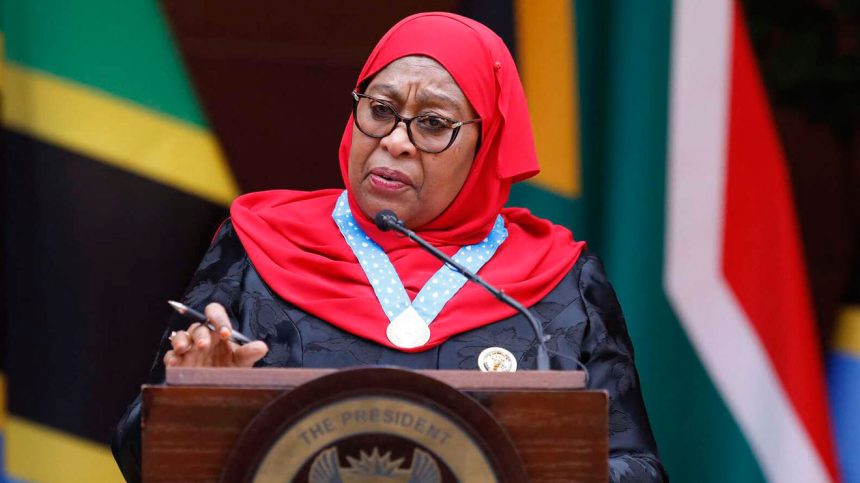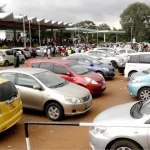Resource crises are being reported out of Tanzania.
The East African nation has been grappling with shortages in the supply of sugar, electricity and dollars.
Yesterday, as millions around the world celebrated love on Valentine’s Day, a section of Tanzanians were queuing up in Mwanza to buy sugar.
Local media reported that the cost of sugar had been spiking for months, forcing the government to step in and stabilize the prices. The Citizen reported that President Samia Suluhu’s government noted that the country did not achieve its sugar production in 2023 due to adverse weather conditions.
By January 2024, the price of a kilogram of sugar rose from an average of Tsh 2,700 to Tsh 4,500. The Tanzania Sugar Board had to step in and regulate the prices, stating that it should cost citizens between Tsh 2,800 and Tsh 3,200 to purchase the commodity.
Aside from the sugar crises, Tanzanians are also grappling with electricity shortage.
A power rationing crisis that cause public discontent over the increased frequency of power cuts saw President Suluhu dissolve the Tanzania Electric Supply Company board of directors.
The power rationing was blamed on reduced generation as a result of inadequate water levels in dams and lack of repairs to the electricity infrastructure.
On the dollar shortage front, Tanzanians have been dealing with a forex shortage that continues to affect oil marketing companies. Reports have it that oil marketing companies have resorted to buying dollars on the black market or pay unofficial premiums to commercial banks to obtain the money.
The American dollar is the strongest currency in the world and is majorly used in the export and import business across the globe.
In a February 8, 2024 letter to the Permanent Secretary in the Tanzanian Ministry of Energy, the Tanzania Association of Oil Marketing Companies requested for a meeting regarding the dollar shortage in the country.
“Generally, there is inadequate US dollar supply in the formal market. Even when OMCs are lucky to get US dollars from commercial banks, they do not buy US dollars at the BOT rates displayed on the commercial bank forex boards. OMCs purchase dollars at a premium i.e. when they place orders for forex with the commercial banks, they are given BOT rates plus a premium of up to Tsh 200 per US dollar,” lamented the Association.
The OMCs were also found to be buying dollars from the black market at around 2,800 by desperate members using “all means possible to keep the country wet to the extent that they fall prey to these predatory practices.”
Failure to do this, the Association revealed Tanzania would soon run out of fuel.
“For the above reasons, our members this month will be selling petroleum products at the huge loss. This is unsustainable for an industry that has been accumulating losses for over the past one year. On behalf of our members, we request for an urgent meeting with you and some of our Board members at your earliest opportunity,” concluded the Association.
These crises come months after President Samia Suluhu mocked Kenya for lacking forex to stabilize the petroleum industry.
Weeks later, Tanzania was facing the same problems President Suluhu had mocked in Kenya.



